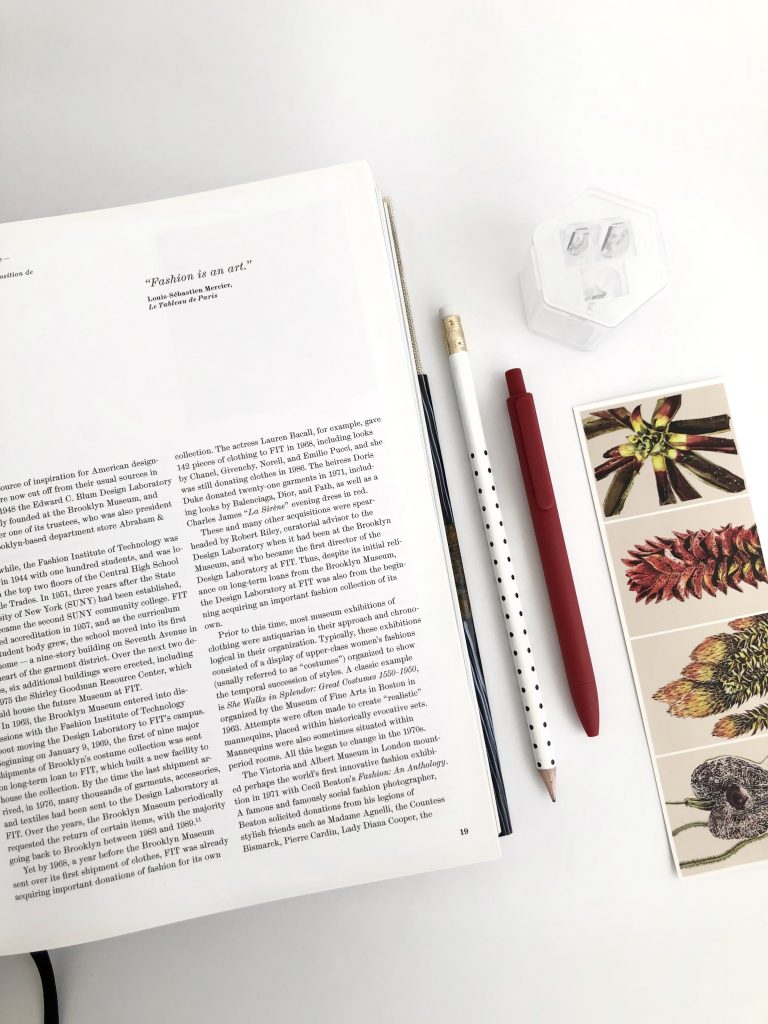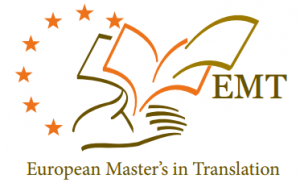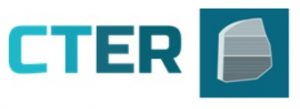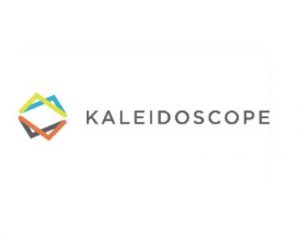Translating for online interaction
- access_time 2 grudnia 2020

(Photo: Unsplash Licence)
Attending Translating Europe Forum 2020
On the 5th of November 2020, our student group took part in the 7th edition of the translation conference “Translating Europe Forum”, organized by the European Commission. The topic of this year’s conference was: “Platforms: digital ecosystems for translation”. The conference was held exceptionally in a remote mode this year due to the coronavirus pandemic. As our MA program is a member of EMT – European Master’s in Translation, we were encouraged to attend.
The panel we took part in was titled ”Translating for online interaction: understanding and supporting user experience”. It was chaired by Aminda Leigh. The first presentation was delivered by Mercedes Krimme and Camela Logan, Facebook’s representatives. This panel’s focus was on translation challenges that may be present in online communication and on ensuring high-quality translation.
The presenters started off by explaining what content testing is. They said that it could be described as a way of identifying the mode and form of a conversation. Thanks to such a method, one is able to investigate the clarity of a message, its tone, style, emotion, and cultural nuances. It was stressed that every individual working in the localization industry has the ability to conduct content testing.
Then two different methods of testing content were discussed. The first one, ‘highlighting’, primarily focuses on highlighting what is important in a translation and stating whether it is comprehensible for prospective users. Testers are given printed translations and markers and are asked to underline any words or phrases that they perceive to be useful, appropriate, or confusing in their native language. The other method is called ‘version testing’: the participants are presented with several printed versions of the same content and are asked to choose the best one.
To sum up, the presentation was riveting as it showed the power of linguistic features in shaping particular attitudes among the whole population. Furthermore, the presentation highlighted the importance of feedback and user experience in the process of creating quality and enjoyable content.
Follow these hashtags to get more information:
#EMT #translation #UPstudents #europeanunion #TEF #TEF2020
Second-year MA students, translation specialisation




